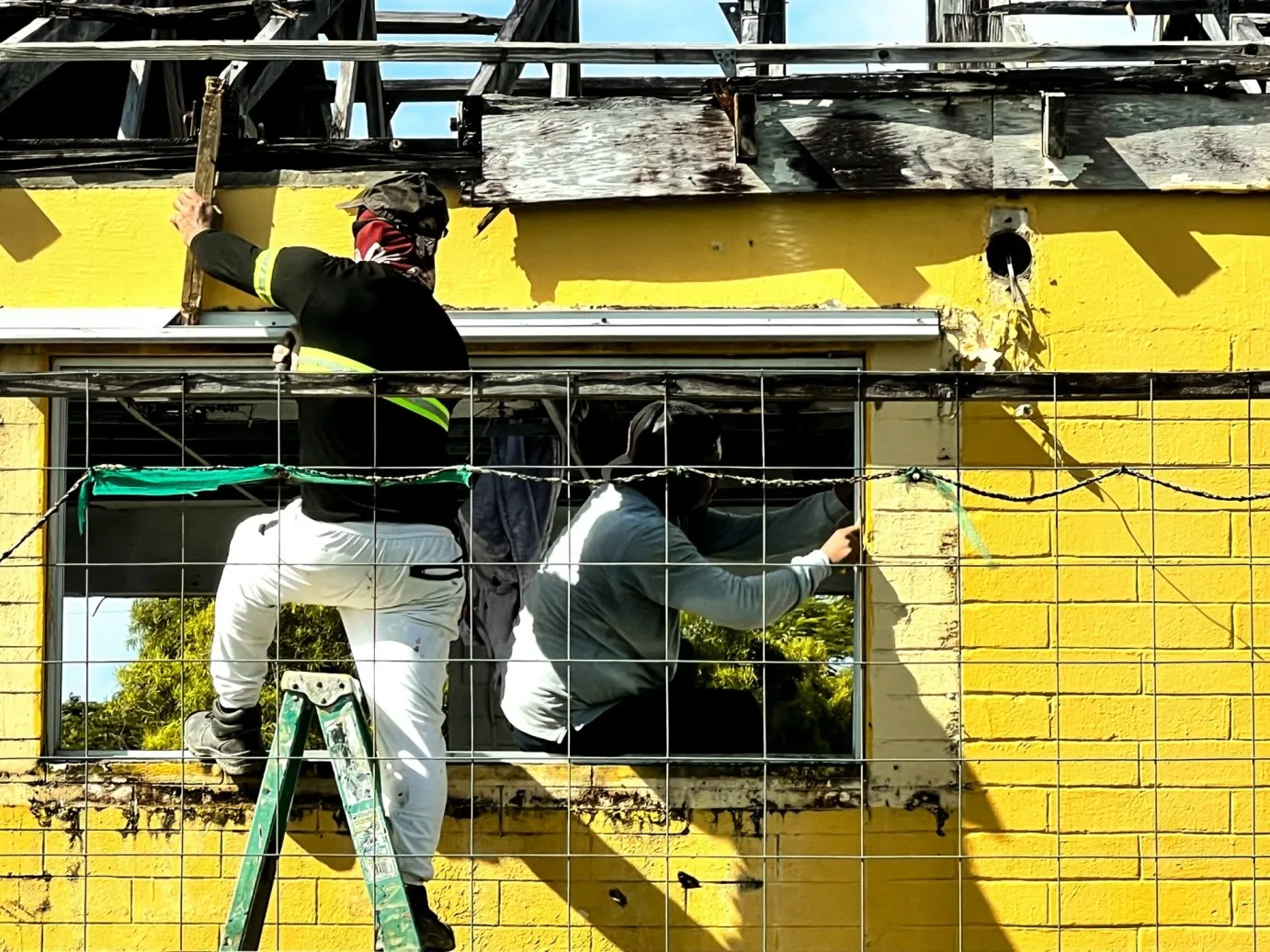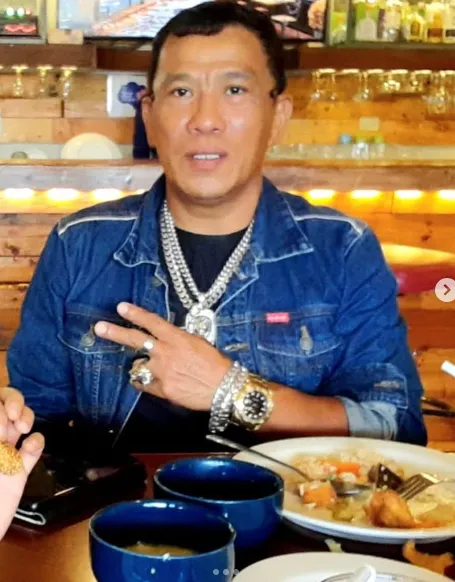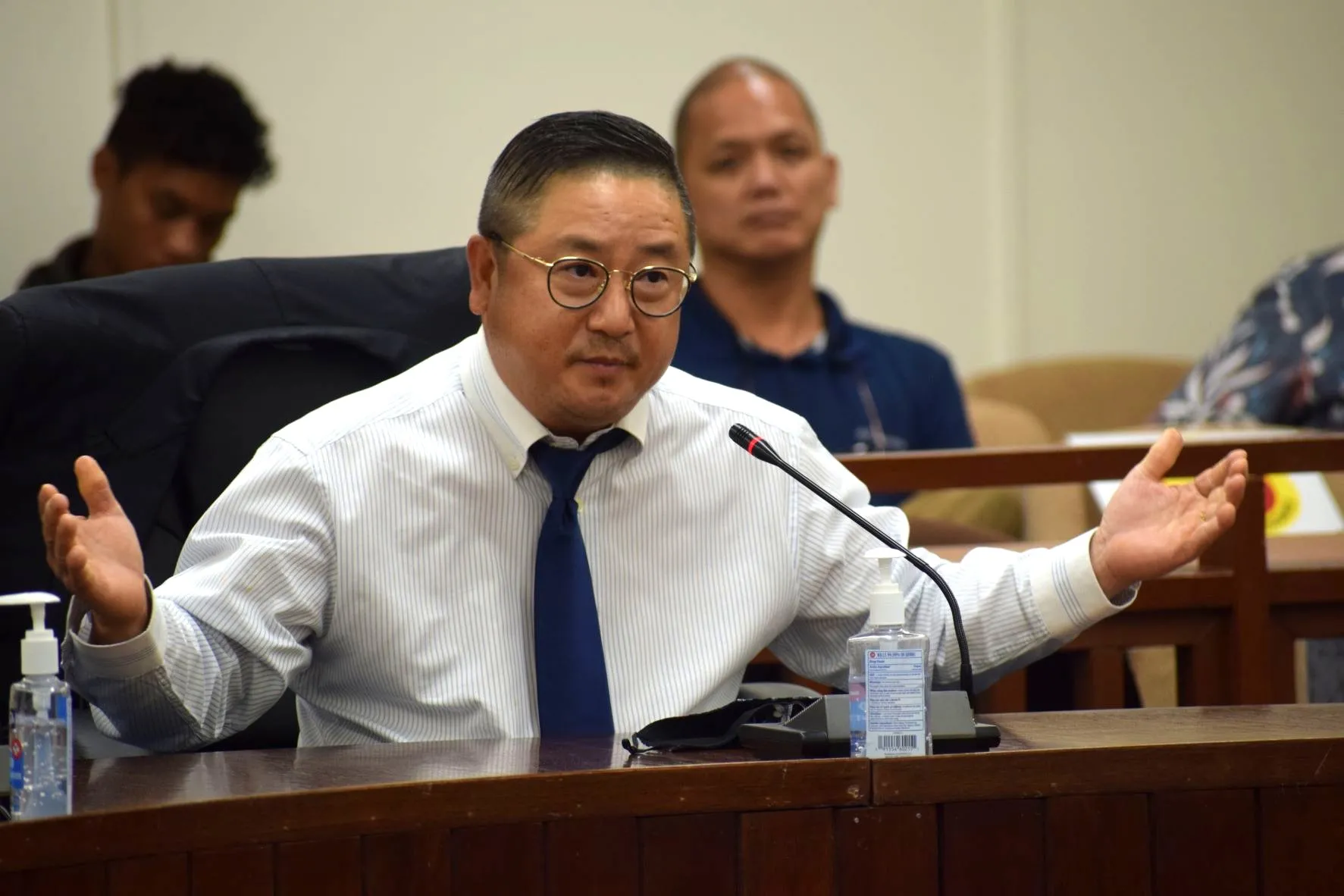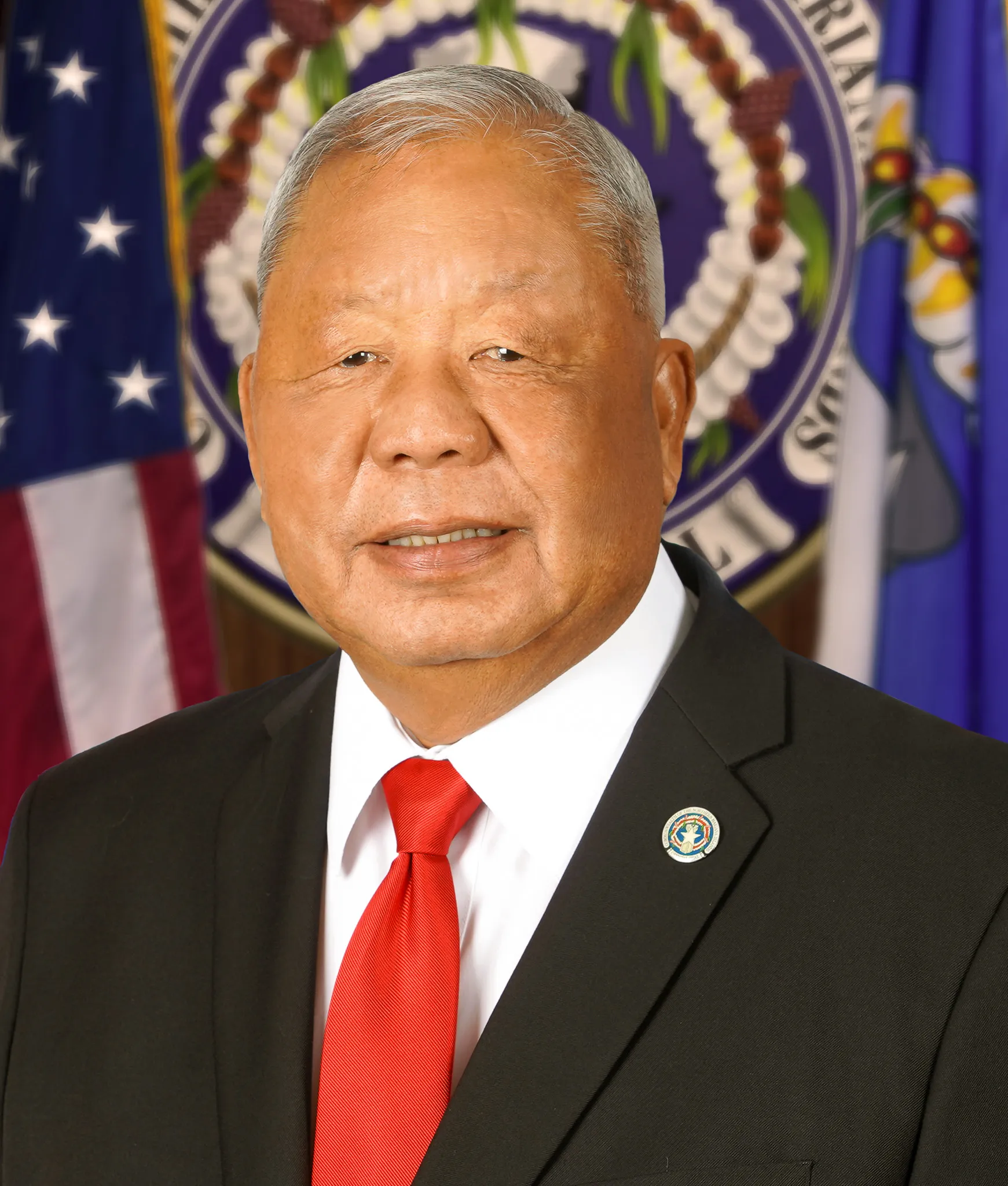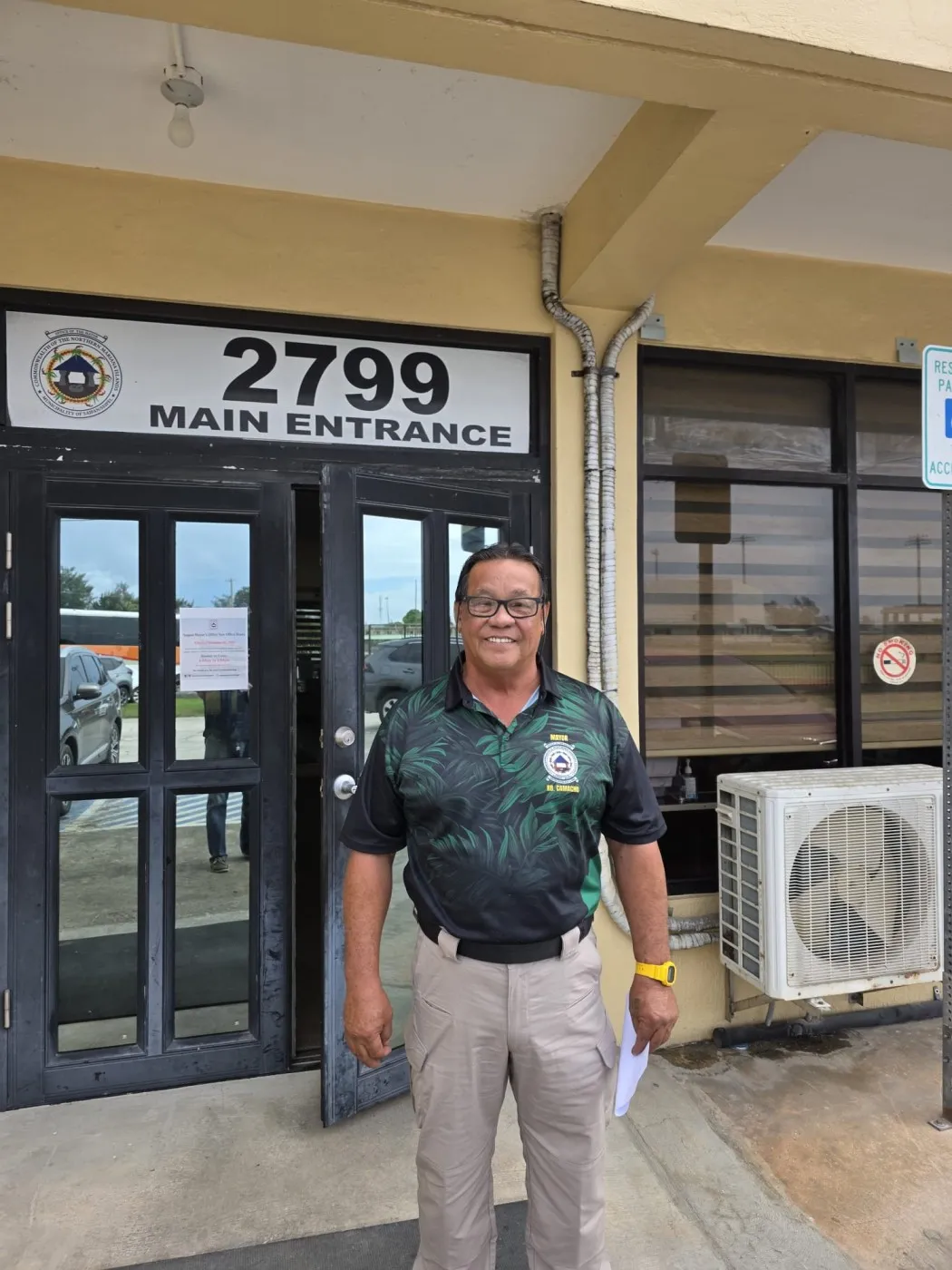In his transmittal letter to the Olbiil Era Kelulau leaders, the controversial bill was rejected by the president, which he described to be a rushed, confusing and not well-thought piece of legislation.
The measure allows controlled gaming in the Republic of Palau as a means to diversify the Republic’s tourism base and to attract investment and new revenues for Palau.
However, the president in his veto message said the measure will neither attract investments nor new revenues.
“It is my belief that gambling will not augment our tourist industry, but rather will detract from the very reason that people to choose to vacation here,” Toribiong said.
Since gambling is a controversial issue among the Palauan citizens, the bill contains provisions to protect the people of Palau from the dangers of compulsive and addictive gambling but at the same time the new measure will bring in new revenues for Palau.
The president said the bill does not contain any provision prohibiting Palauans from gambling.
He said the bill does not even require a referendum to be set up in the state.
“A state government could permit a casino to be located in its state simply by passing a law. In any event, given the size of our country, the negative effects of gambling in one state cannot be limited solely to the state,” Toribiong said.
The bill he said appears to be biased towards the casino operators rather than people of Palau.
He said that it does not permit sufficient time for the country to do a background check on the casino license applicants.
He said the bill also will pay members of the commission exorbitant money.
The president said Palau should have learned their lesson from Tinian casino operation in Commonwealth of the Northern Marianas Island (CNMI) experience.
He said expectations are not naturally realistic.
He stated Palau do not have the potential to compete with other established casino industry in Macau, Malaysia or Philippines.
The president said it did not even get the majority votes of the OEK, because at least seven of its members abstained from voting.
The OEK said that a properly regulated gaming industry will expand Palau’s economic base first by creating a more diverse experience for visitors who have already come here. Visitors to Palau predominantly come to take advantage of the unique, pristine environment, and come for such activities as diving. Casinos will give these visitors another activity to engage in, and will also spur the development of additional industries to serve the casinos and their customers.
The president said casino should not be permitted in the country unless the people agrees with it in a referendum.
He added that several sectors are against the measure, from church, to traditional leaders to just plain citizens.
This is the first time Toribiong vetoed the bill.
The conferees then agreed to an 11 percent tax of gross revenues for every casino business instead of 20 percent.
The bill also imposes a $50 fee upon all patrons of a casino in order to enter and gamble upon the premises of a casino.
It also proposes that all casinos should build a 150 room hotel.
Upon approval of the casino license application, an annual license fee of US$200,000 shall be paid to the Commission, provided that when a casino license is issued for less than the period of twelve months of the financial year, the fee shall be calculated on a quarterly basis and paid on the period remaining.
A casino licensee shall renew a license upon its expiration by the payment of the annual license fee.


